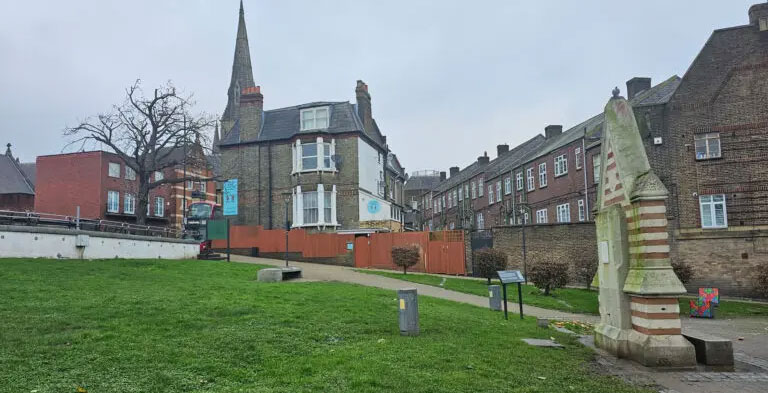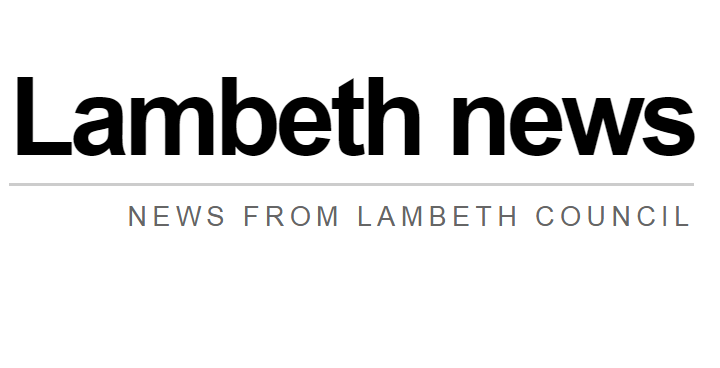National legislation gives all Lambeth voters the chance to go through the council’s books, ask questions about them and object to them, during a period of 30 working days every year.
The 2017/18 Inspection of Accounts period came to an end on Friday, 13 July 2018.
Over the 30 days, 56 queries were submitted by 7 electors. Councillors discussed a report on the 2017/18 Public Inspection at a meeting of the Corporate Committee this week.
And, unusually for UK councils, Lambeth has now published the information requested – and the responses provided – following the end of the inspection period.
The majority of the requests received during the inspection of accounts period broadly covered the following areas: Contracts, Housing assets, Members’ expenses, Pay – senior remuneration, and Supplies & services.
Council staff spent 170 hours responding to this year’s queries, at a cost of £6,449 in officer time. Last year, 17 electors made a total of 172 queries. Responding to these took 302 hours, at a cost of £12,176.
The council’s independent, external auditors received one objection on the 2017/18 accounts, within the Public Inspection period. This compares to five received in 2016/17. Objections and their responses are private correspondence between the elector and the auditor. Due to data protection rules, the council is unable to publish these without the permission of the elector and the auditor.
Cllr Andy Wilson, Cabinet Member for Finance, said: “We are committed to keeping voters fully informed of how we are spending public money, and the Inspection of Accounts process is one part of this.
“Transparency is vital in demonstrating exactly what we are doing on a day-to-day basis, and explaining the decision-making behind it. However, on occasions this scrutiny can highlight weaknesses in our practices and so enables us to improve our performance.”



